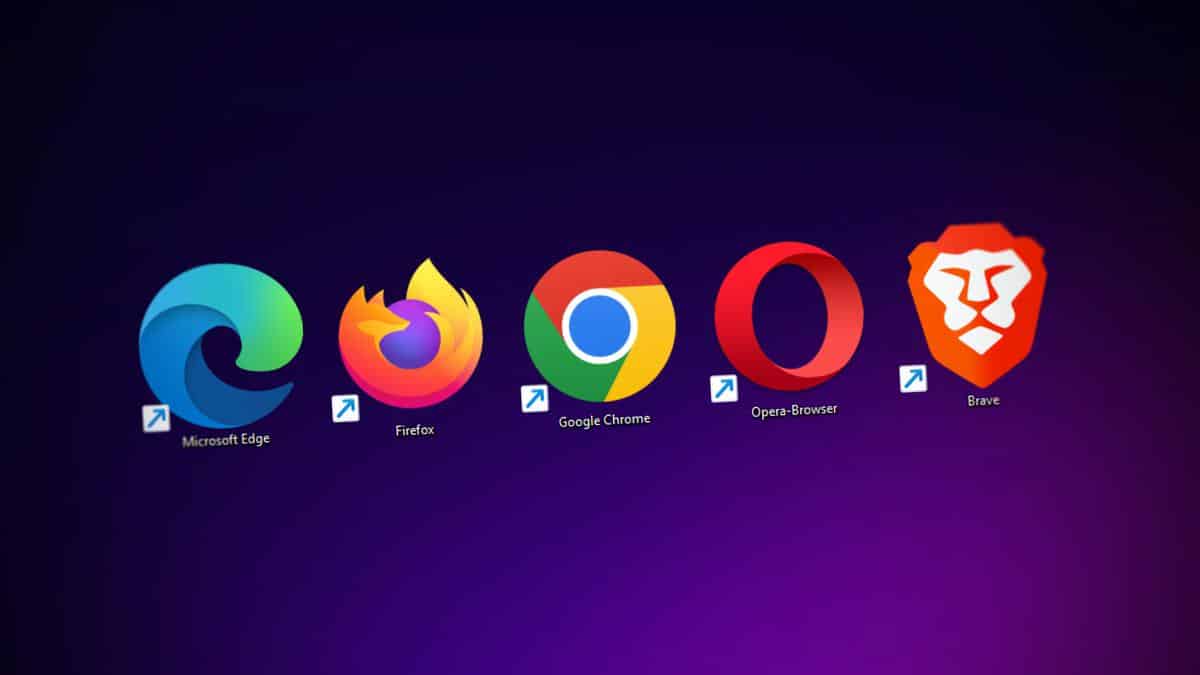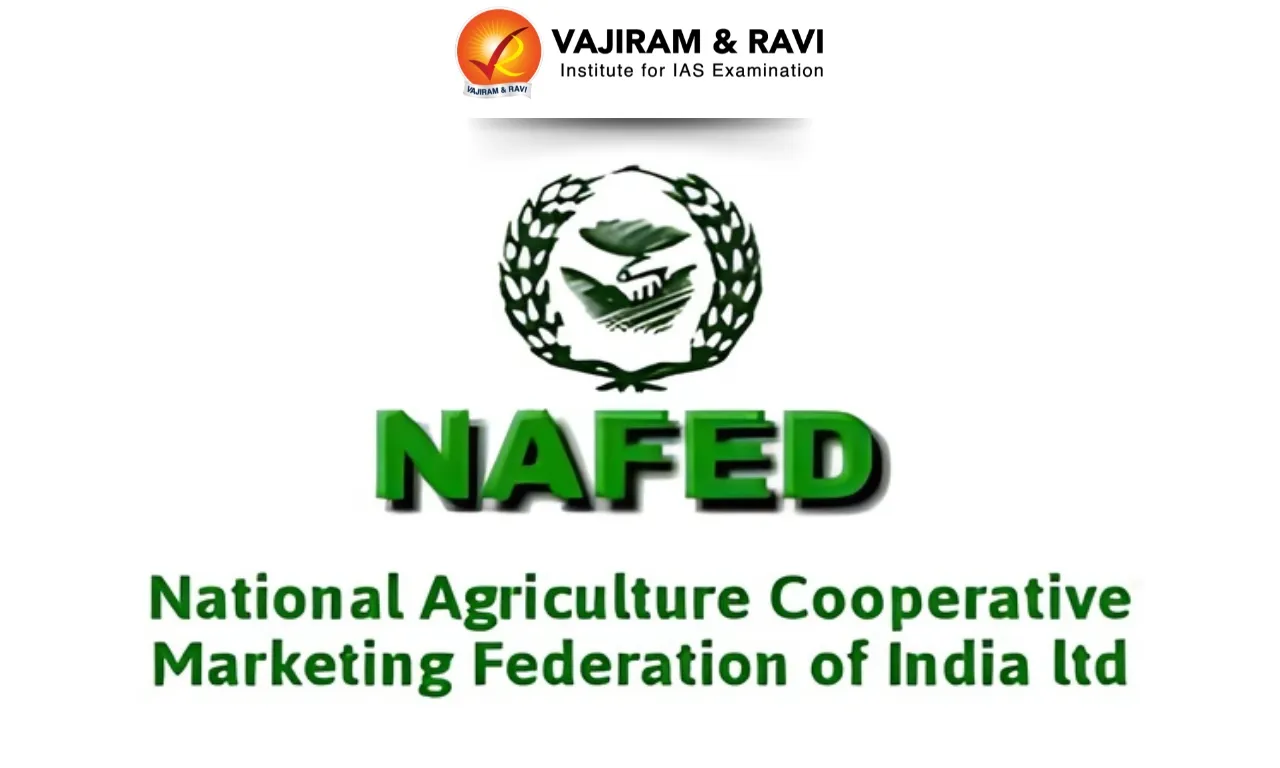About Web browsers
- The browser is an application that people use to send and receive messages via the internet.
- It is a program that runs on your device, with its purpose being to fetch information in different formats from the internet and show it on the device.
- It also does the reverse, receiving your input (say, a click), translating it to code, and transmitting it to some other machine across the internet.
- In 1990, the English computer scientist Tim Berners-Lee introduced the concept of the World Wide Web also named ‘WorldWideWeb’.
- Modern web browsers have multiple core components
- Request and response – When we enter a website’s address (in the form of the Uniform Resource Locator, or URL) into your browser’s address bar.The browser sends a request to a server, asking for the contents of the specific web page you’re interested in.
- This request travels through a network of servers, upon reaching the server, the request is received and processed. The server then formulates a response containing the information (or data) required to construct the web page.
- Deconstructing the response – The response from the server is not a singular entity. Instead, it is an amalgam of various files. Typically, these files have information encoded in three languages: HTML, CSS, and JavaScript.
- Hypertext Markup Language (HTML): It provides the architectural blueprint of a webpage.
- Cascading Style Sheets (CSS): This information imparts style and aesthetics to the HTML structure by controlling attributes like colour schemes, fonts, spacing, and positioning. CSS ensures that the webpage comes into its unique visual identity.
- JavaScript: It is the dynamic engine, making web pages interactive and responsive. It allows interactive elements like pop-ups, forms, animations, and real-time updates, creating an engaging user experience.
- Rendering –This involves deciphering the HTML to understand the structural arrangement, applying CSS for stylistic finesse, and executing JavaScript to infuse interactivity.
- Managing data – Browsers serve as adept custodians of your digital footprint, so they also implement instruments like cookies and cache to enhance your online experience.
- Cookies are small snippets of data stored on your computer by websites you visit.
Q1) What does the Internet Mean?
The Internet is a globally connected network system that facilitates communication and data services through a vast collection of private, public, business, academic, and government networks. The Internet is decentralized, which means there is no central authority governing its operations. To enable communication between devices, the internet relies on protocols and standards that govern how small units of data are formatted, addressed, and transmitted.
Last updated on February, 2026
→ UPSC Notification 2026 is now out on the official website at upsconline.nic.in.
→ UPSC IFoS Notification 2026 is now out on the official website at upsconline.nic.in.
→ UPSC Calendar 2026 has been released.
→ UPSC Final Result 2025 is expected to be released in the second week of April 2026.
→ Check out the latest UPSC Syllabus 2026 here.
→ Join Vajiram & Ravi’s Interview Guidance Programme for expert help to crack your final UPSC stage.
→ UPSC Mains Result 2025 is now out.
→ UPSC Prelims 2026 will be conducted on 24th May, 2026 & UPSC Mains 2026 will be conducted on 21st August 2026.
→ The UPSC Selection Process is of 3 stages-Prelims, Mains and Interview.
→ Prepare effectively with Vajiram & Ravi’s UPSC Prelims Test Series 2026 featuring full-length mock tests, detailed solutions, and performance analysis.
→ Enroll in Vajiram & Ravi’s UPSC Mains Test Series 2026 for structured answer writing practice, expert evaluation, and exam-oriented feedback.
→ Join Vajiram & Ravi’s Best UPSC Mentorship Program for personalized guidance, strategy planning, and one-to-one support from experienced mentors.
→ Check UPSC Marksheet 2024 Here.
→ UPSC Toppers List 2024 is released now. Shakti Dubey is UPSC AIR 1 2024 Topper.
→ Also check Best UPSC Coaching in India




















